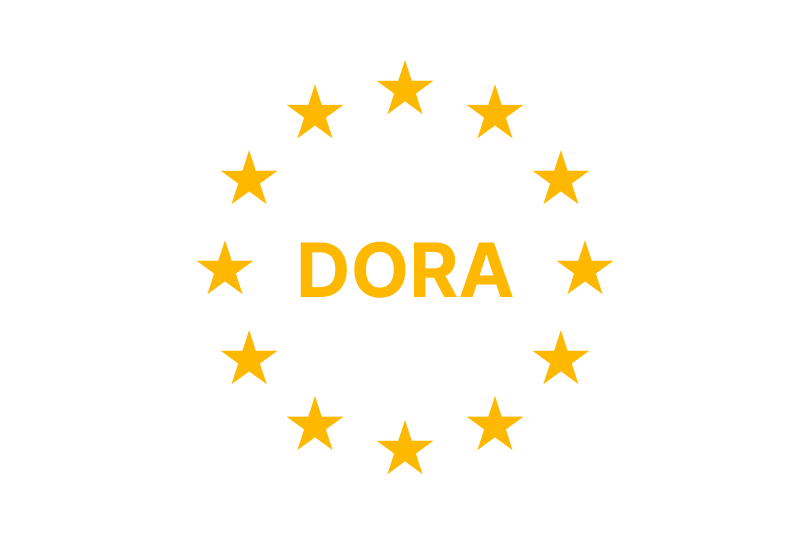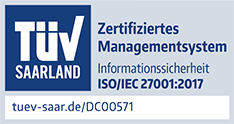
DORA: Requirements and significance for ICT service providers
The Digital Operational Resilience Act (DORA) is intended to strengthen the European financial market against cyber risks and information and communication technology (ICT) incidents. The EU regulation has been in force since 2023. The corresponding measures must be implemented from January 2025.
Financial companies must check the suitability of ICT service providers before concluding contracts and continuously check compliance with certain quality and security standards. The “Final Report on Draft ITS on Register of Information” specifies, among other things, how financial companies must document and monitor their contractual agreements with third party ICT providers.
In order to implement these requirements, clear and standardised identification of ICT service providers is crucial - and this is precisely where the Legal Entity Identifier (LEI) comes into play. The LEI serves as a central instrument for clearly identifying ICT service providers and making their role in the compliance and risk management processes of financial institutions traceable.
Directly to LEI applicationKey Facts
- Assessment of ICT service providers' suitability
- Continuous monitoring of quality and security standards
Transparency & traceability
LEIs enable companies to be clearly identified and facilitate the monitoring of responsibilities for critical ICT services.
Risk management
Financial organisations can use the LEI to reliably identify third-party providers in order to better manage risks when dealing with external ICT service providers.
ISO standard
The LEI is based on the global ISO standard 17442 and is used in regulations such as MiFID II (Europe) and the Dodd-Frank Act (USA) - a proven standard for global entity identification.
Quick and secure LEI application
Easy LEI application
Allocation within 2 hours
- Quick application process
- Flexible subscriptions
- Internationally available
- Fast support
- Multiple payment options
- Powerful platform

